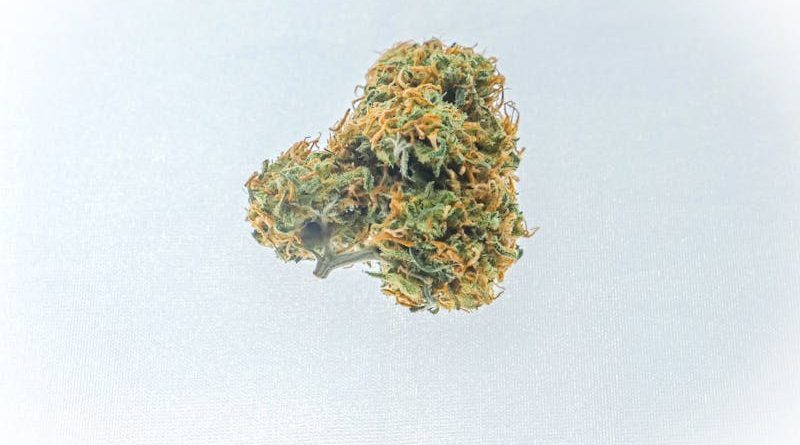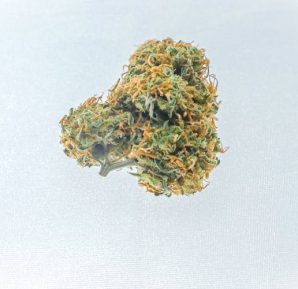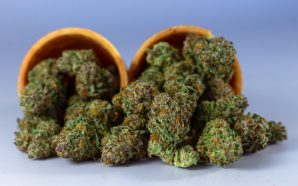Because of its distinct qualities and legal standing, Delta-8 tetrahydrocannabinol, or Delta-8 THC, has become a prominent player in the cannabis product market. This hemp-derived cannabinoid is becoming more and more well-liked in the US because of its moderately stimulating effects; it is frequently compared to a less powerful form of delta-9 THC, the primary psychoactive ingredient in cannabis.
The mystery around Delta-8 THC is mostly related to its legality, which stems from a provision in the 2018 Farm Bill that authorized hemp but not Delta-8 THC specifically. Even in states where marijuana is still banned, its extensive distribution has been made possible by this murky legal area.
The Legal Landscape
Delta-8 THC is defined by a complicated legal system. The 2018 Farm Bill, which legalized hemp and all of its derivatives as long as they contained less than 0.3% Delta-9 THC, will determine if it is lawful or not. Since delta-8 THC is generated from hemp, it satisfies this legal definition and is therefore permitted by federal law. However, the psychoactive properties of the chemical have led to a hodgepodge of state-level laws and prohibitions, making things complex for both producers and consumers.
Health professionals and regulatory agencies are concerned about the unregulated market and possible health dangers related to its manufacture and consumption, even if it is permitted at the federal level.
Industry Growth and Consumer Accessibility
Similar to the early stages of the CBD boom, delta-8 THC’s rapid market expansion has been fueled by legal ambiguity. Its products, which include edibles and vape pens, are promoted as legal ways to get high, drawing customers who are searching for legal cannabis substitutes in states where it is still illegal.
Beyond its psychoactive qualities, some people are drawn to Delta-8 THC for its alleged medicinal advantages, which include pain and anxiety treatment. This growing sector is not without its difficulties, though. Safety issues have arisen as a result of the absence of governmental supervision, especially about the chemical procedures used to synthesize Delta-8 THC from CBD, which may introduce dangerous substances.
Harnessing the Potential of Delta-8 THC
As a supplier of Delta-8 THC goods, D8 stands out in this booming market by giving customers a variety of choices, including D8 Gummies and Delta-8 Disposables. These products provide a legal means of experiencing the mildly intoxicating effects of Delta-8 THC, in response to the increasing demand for legal, hemp-derived cannabinoids. Customers gain from these goods’ accessibility because they may be purchased online and in physical places, allowing them to avoid the limitations that several states have put on traditional cannabis products.
Conclusion: Navigating the Future
Delta-8 THC’s future is still unclear as it continues to navigate a complex set of legal and regulatory issues. It is difficult to strike a balance between the necessity of regulation to guarantee product safety and quality and customer demand for legal cannabis products. The legal loophole that has propelled the industry’s explosive expansion calls for a serious reassessment of cannabis laws and the classification of cannabinoids.
The trajectory of Delta-8 THC’s acceptance and legality is set to continue evolving as states start to implement their own laws, and there may soon be federal guidelines available. One question still has to be answered when we consider the future of Delta-8 THC and its effects on consumers and the cannabis industry: How will future regulatory developments affect the safety and accessibility of Delta-8 THC products?












